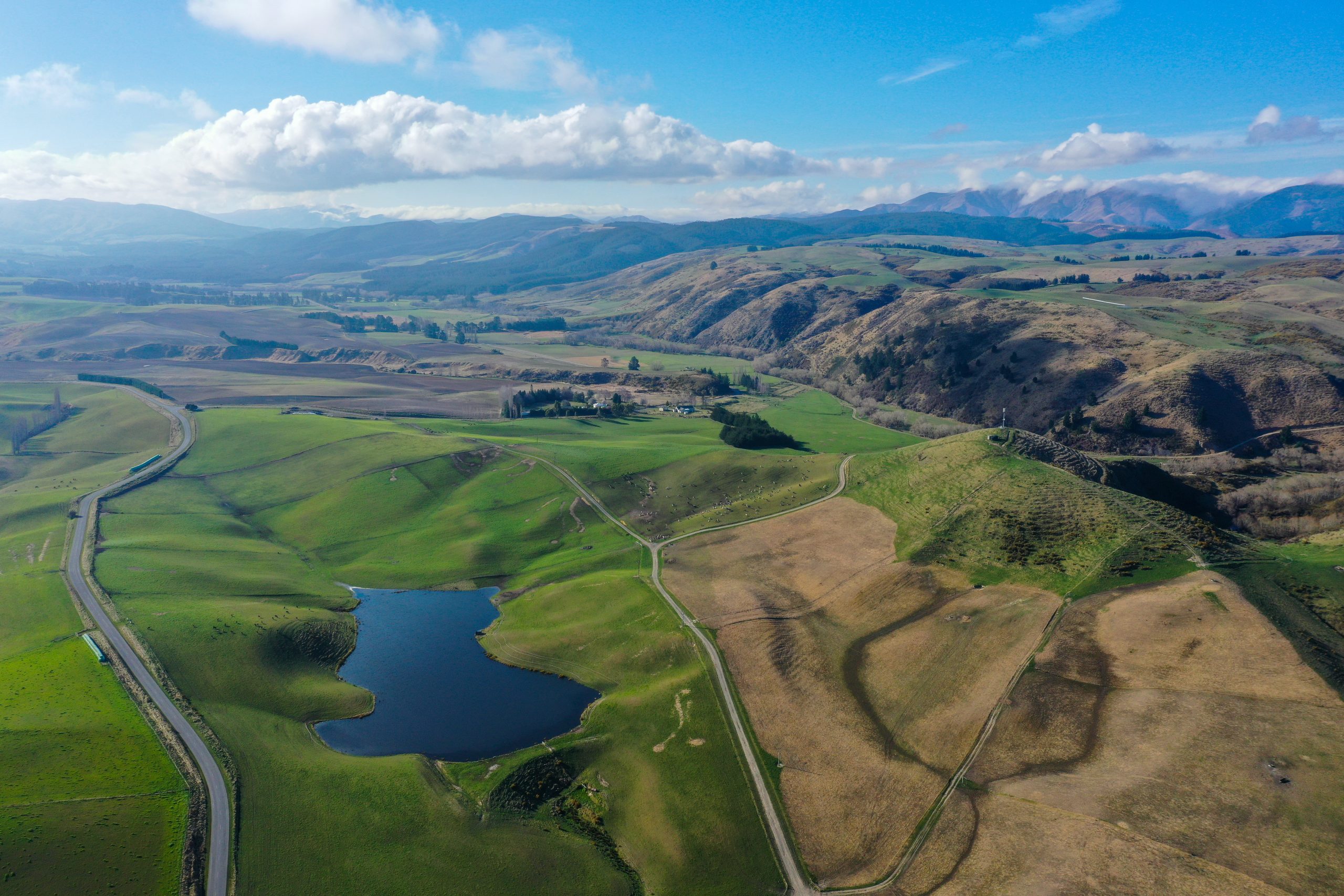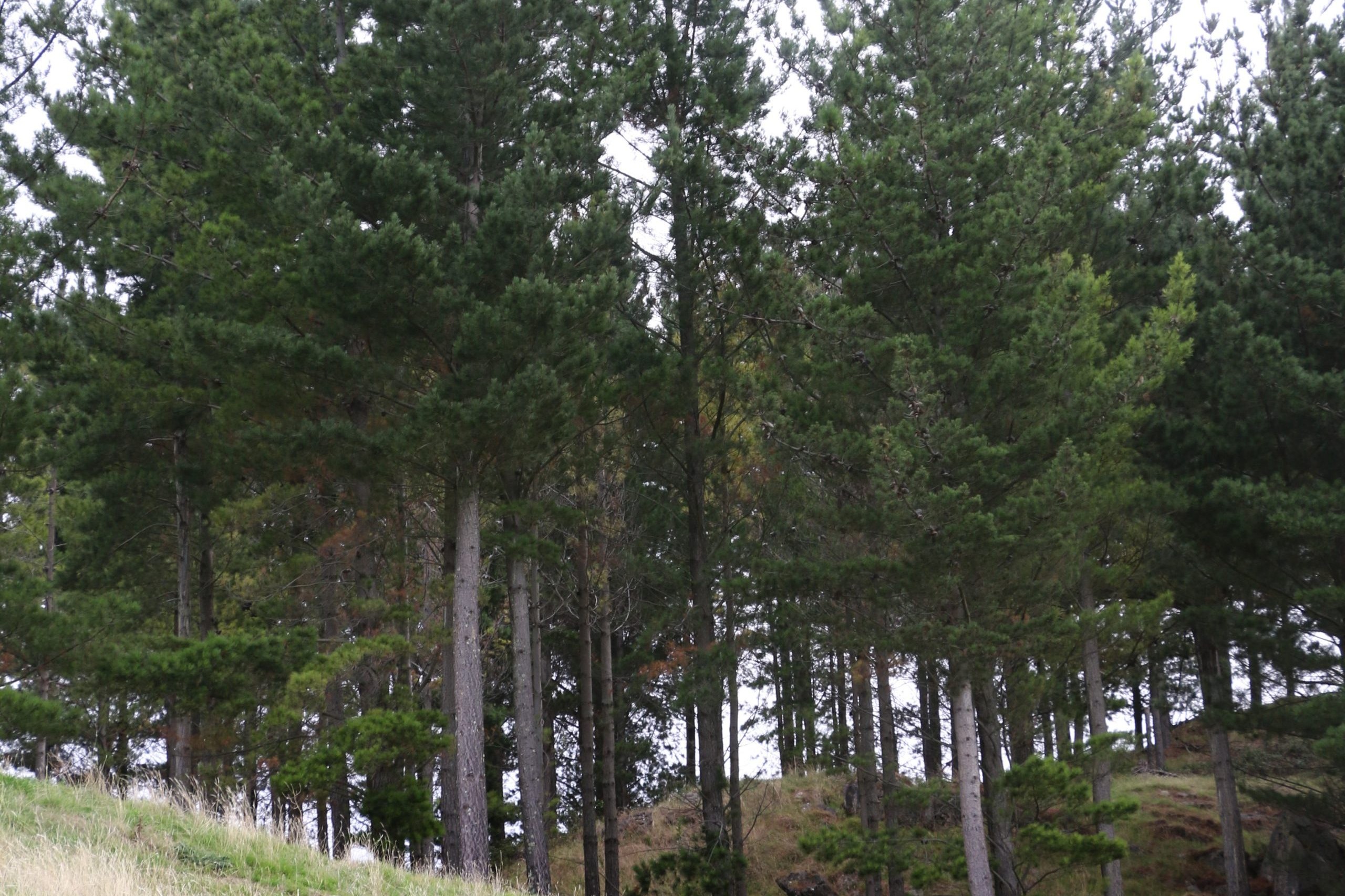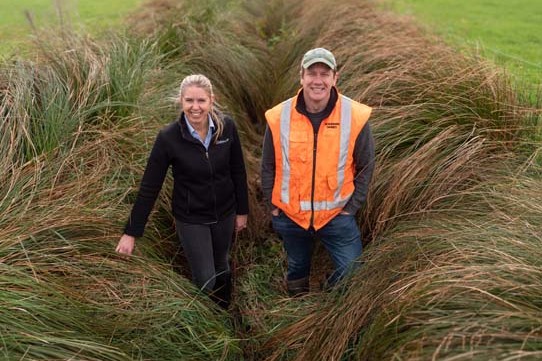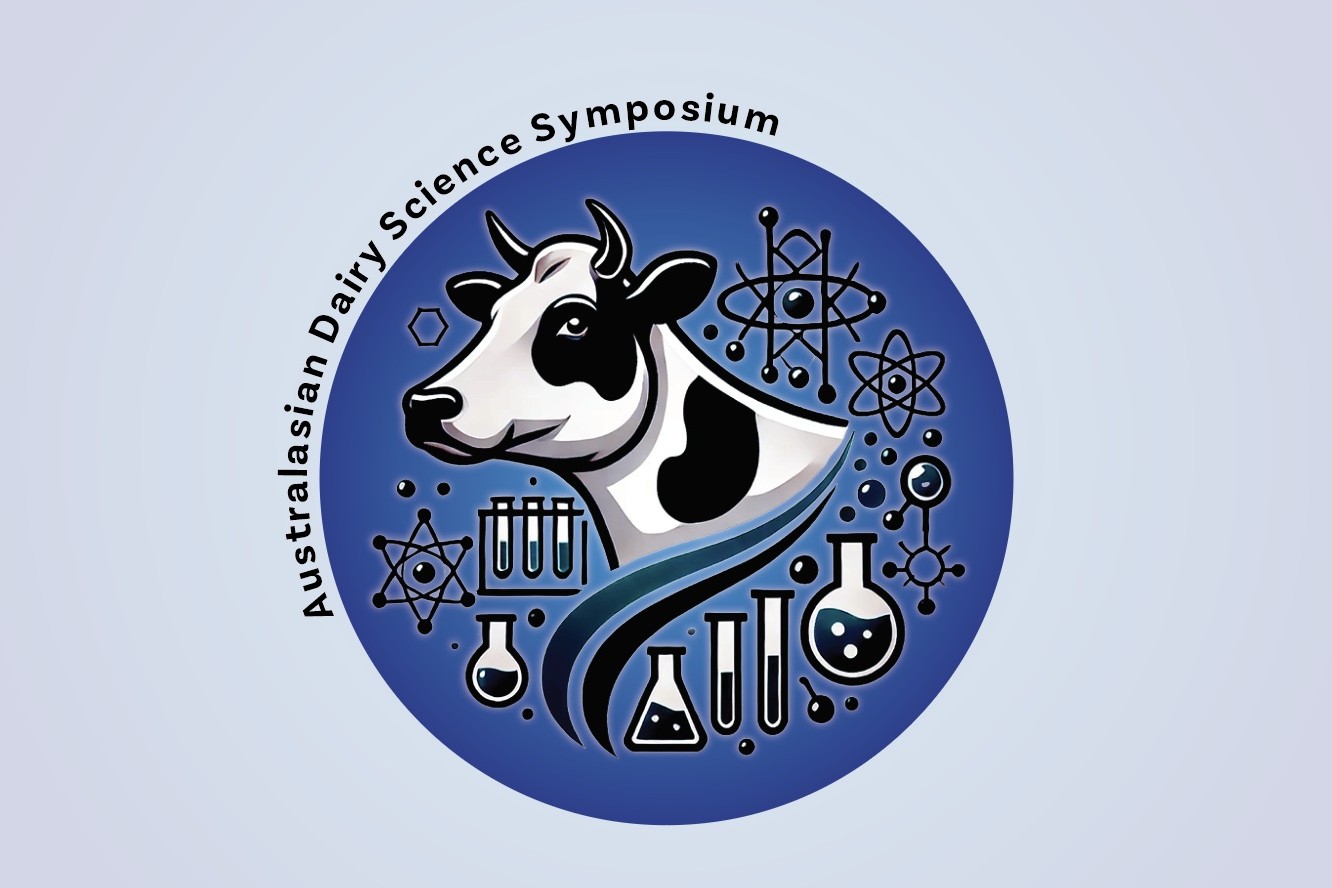Participation by a group of South Westland farmers in a freshwater farm plan programme has reassured them their farming practices were already well on the way to meeting regulations. By Anne Hardie.
Farmers around the remote settlement of Whataroa in South Westland are attending workshops and working online as part of a pilot programme to prepare their own freshwater farm plans and learn about greenhouse gas emissions.
The programme has been so successful plans are now underway to roll it out to the rest of the West Coast’s remote farming settlements.
Whataroa is about as remote as it gets for dairy farming and connectivity can be challenging, so when the Te Wheke Digital Hub was established in the tiny settlement, the chance arose to run a programme to resource farmers to develop their own freshwater farm plans.
One of the proponents for the programme, Ministry for Primary Industries’ regional adviser for the West Coast, Lyn Carmichael, says farmers have few rural professionals travelling the huge distance between its northern and southern boundaries.
“Our aim is to equip farmers with the tools they need to implement new environmental regulations, including developing their own freshwater farm plan.”
When the idea was mooted for the Whataroa Freshwater Farm Plan programme to be held in their community, 16 farmers joined up to take part. Most are dairy farmers which make up 90% of farms on the Coast, but the group also includes a couple of sheep and beef farmers, plus a deer farmer. The fully funded programme follows a similar initiative of the P3 Dairy Trust on the Hauraki Plains. In Whataroa, the farmers attend fortnightly workshops during the four-month course as well as online modules in their own time.
MPI has facilitated the programme, alongside Westland Milk Products, with Development West Coast funding the face-to-face component, while a host of industry groups and the West Coast Regional Council have also had input.
Lyn says the West Coast is a particularly challenging environment to farm and farmers can experience massive rainfall, flooding, slips and high transport costs.
“This programme is all about understanding how to farm well on those farms. It brings a group of farmers together so they can benefit from their collective expertise.”
The council has met with the group to guide them through regulations and Lyn says it has been beneficial for understanding terminology and exactly what is required from farmers. Farmers involved in the programme have been keen to get working on their individual plans.
“One of the really nice things for us is seeing the lightbulb come on as they realise what they are already doing is what is being asked of them.”
Lyn says for most farmers, it was a matter of fine-tuning their farm business and developing a template that can be adjusted in the future as more information became available. The Te Wheke Digital Hub has enabled them to access information, but also given some farmers the opportunity to develop their digital skills.
The course includes workshops and online chats about understanding risk and mitigation onfarm, creating action for those risks, as well as on-farm visits to view farm plans and check progress. Farmers also got the chance to discuss greenhouse gas emissions with Nick Tait from DairyNZ which was followed with a workshop aimed at understanding their emission numbers and creating a plan.
“There’s very few rural professionals on the Coast and this is a way for us to bridge that gap.”
Lyn says the programme has been a community effort and even the local school has benefited by supplying lunches for the workshops held at the hub every second week.
“Having that discussion time at workshops is really important. Farmers aren’t rushing away at the end of the workshops and they’re wanting to talk about their farm maps and farm plans.”
The programme ends with a visit to each farm to check and complete the individual farm plans.
Whataroa farmer Brenda Syminton says the programme has given farmers confidence in their ability to farm with the new environmental regulations. It reassured them their farming practices were already well on the way to meet regulations with tweaks here and there and one of the biggest jobs was getting it written into a plan.
Bringing a group of farmers together enabled them to bounce ideas around to come up with solutions.
“If you didn’t have something quite right, it was about finding a solution that was practical. Lots of people had different solutions to different things – what works for someone doesn’t necessarily work for the neighbour across the road on stony soils.”
Brenda says the challenge for many farmers before they took part in the programme was simply working out where to start. Working as a group with professionals made it easy.
“It actually just made it simple, which is what you want. We were doing all those things but just didn’t have it down on paper,” she says. “We didn’t start farming to write a book on it, but that’s kind of what it is today.”
Another local farmer, Stacey Straight, says the programme and group format made environmental regulations less daunting for farmers. It made them realise they were already doing many of the things being asked of them.
“It’s something we all know but are guilty of keeping it in our head and not writing it down.”





